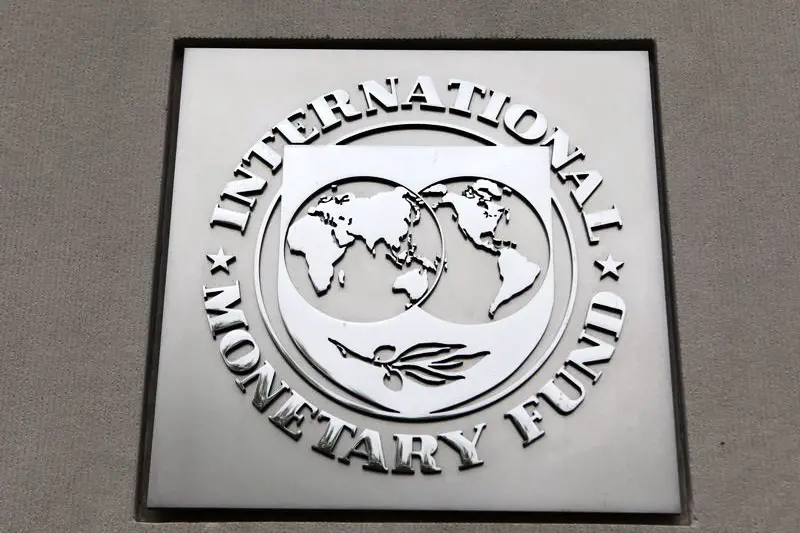PHOTO
By Ayman al-Warfalli and Ulf Laessing
BENGHAZI, Libya/CAIRO, July 24 (Reuters) - The International Monetary Fund said on Friday it has recognised the central bank governor named by Libya's official government as its sole contact and ended ties with a rival bank chief in Tripoli.
The move risks making it even harder for foreign states to foster cooperation between the warring administrations because the official government sits in eastern Libya and the central bank in Tripoli controls the country's vital oil revenues.
The internationally recognised premier Abdullah al-Thinni left the capital a year ago when a rival fraction seized the city and set up its own administration.
The elected parliament, also based in the east, fired the Tripoli bank governor Sadiq al-Kabir last year and appointed his deputy Ali Salim al-Hibri as his replacement. But Kabir continued working in the Tripoli bank headquarters.
The IMF and western countries dealt with both bankers, trying to forge a joint budget. The Tripoli-based bank has sought to stay out of the conflict by refusing to approve expenditures for either government and limiting spending to public salaries and subsidies.
Hibri set up a new bank headquarters in the east but has failed to convince oil clients to pay though its accounts as ownership proof for oil assets are stored in the capital.
The IMF spokeswoman who confirmed the decision to recognise Hibri said the move followed a request by the eastern-based House of Representatives (HoR) to accept him as Libya's sole delegate to the Fund.
"The international community ... recognises the HoR as the only legitimate authority in Libya," she said by email. "In line with established Fund procedures, Mr al-Hibri was recognised as Libya's governor for the Fund," she said.
Mattia Toaldo, a policy fellow at the European Council on Foreign Relations, said the IMF brokered a deal last year between the two governments to tackle a budget crisis. Major oilfields have stopped working due to Libya's turmoil.
"The result is that now IMF won't be able to do that again, so there won't be any economic negotiations to run in parallel with the political dialogue," he said.
The U.N. has sought to persuade both sides to form a unity government but the Tripoli-based rival parliament refused to sign a deal this month.
(Reporting by Ulf Laessing; Editing by Tom Heneghan) ((ulf.laessing@thomsonreuters.com; follow me on twitter @ulflaessing; Cairo newsroom; Reuters Messaging: ulf.laessing.reuters.com@reuters.net))
Keywords: LIBYA BANK/OIL





















